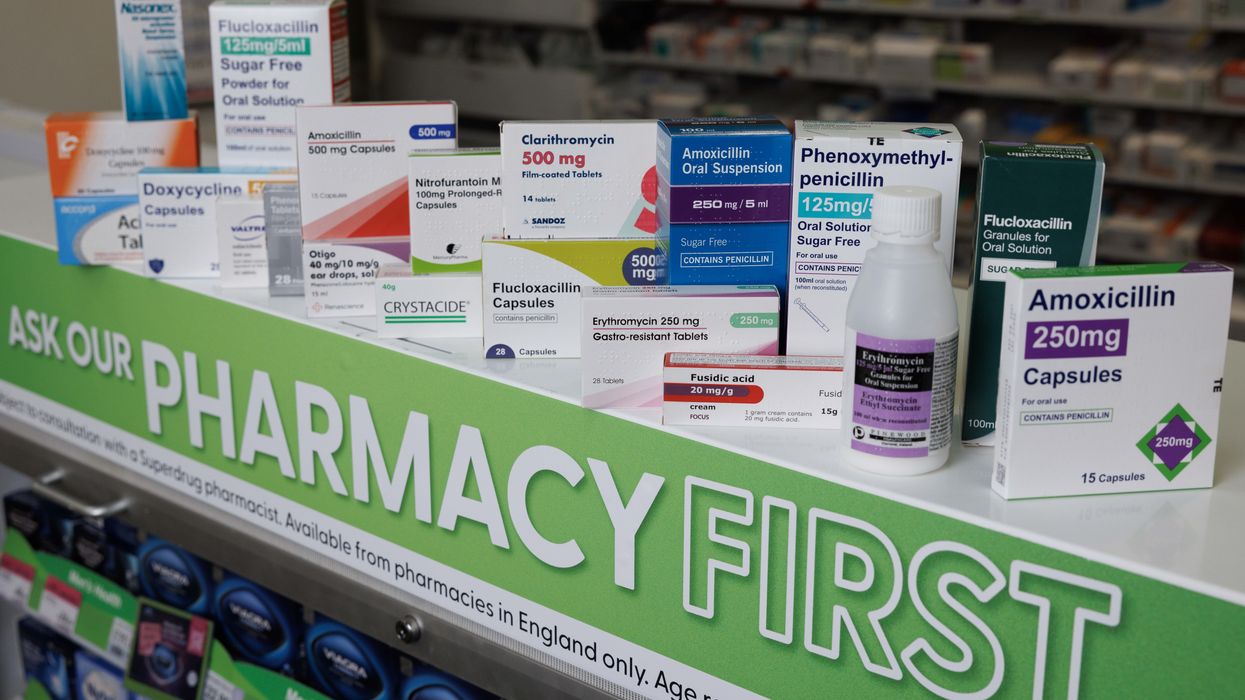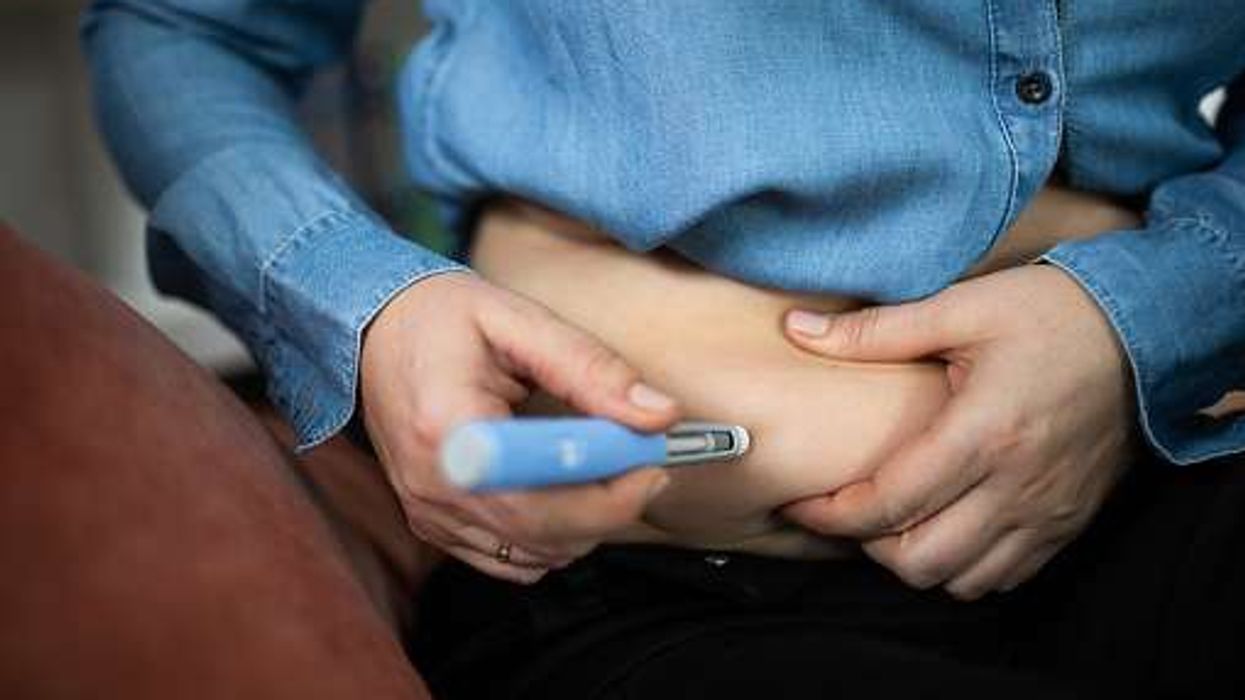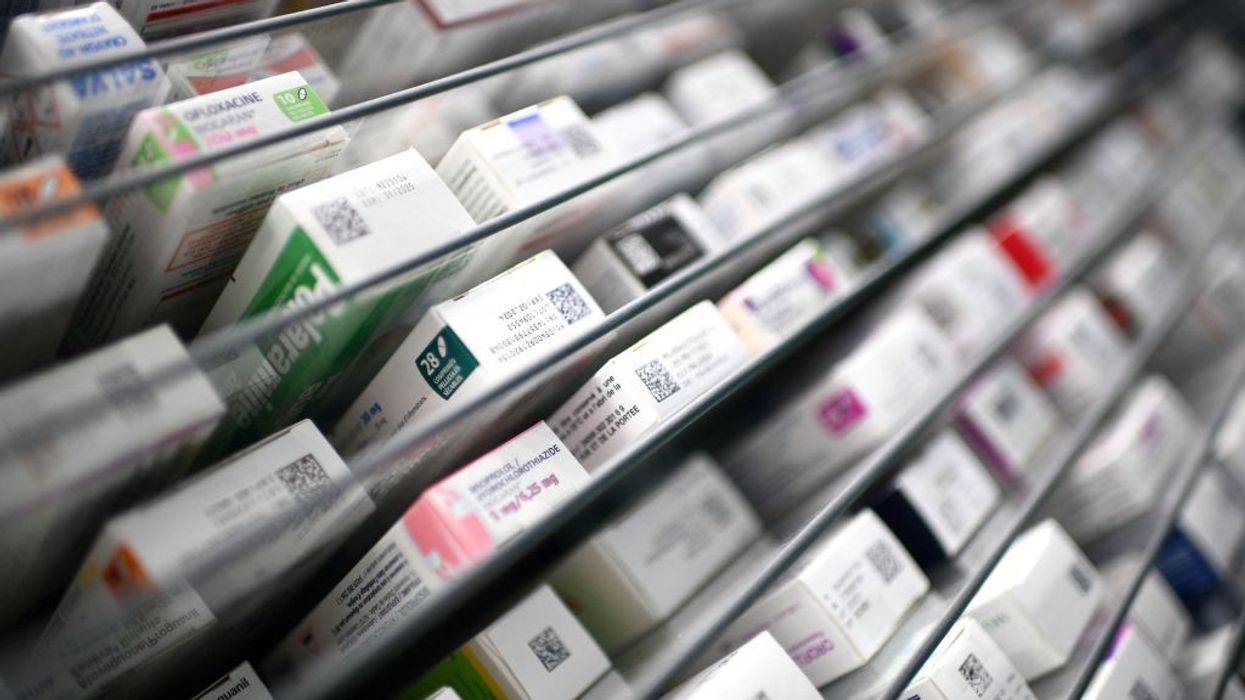The NHS frontline organisations - NHS Confederation and NHS Providers have welcomed the government’s decision to set aside additional £5.4 billion over the next six months for the NHS to cover additional costs from the coronavirus pandemic and to tackle the huge treatment backlog.
The two bodies have also sought urgent attention towards long-term funding requirement of the NHS.
They lauded the clarity given by the prime minister Boris Johnson and health secretary Sajid Javid regarding the additional funding.
“This funding will go straight to the frontline, to provide more patients with the treatments they need but aren’t getting quickly enough,” Johnson said in a statement.
Commenting on the announcement Matthew Taylor, chief executive of the NHS Confederation, and Saffron Cordery, deputy chief executive of NHS Providers, said: “The NHS can now get on with the huge task it has ahead of what we anticipate will be one of the most challenging winters the service has ever faced.
“The task for the government now is to follow up in its spending review with the extra £10bn a year the NHS will need over the next three years to avoid patient services from being cut.”
The NHS Confederation, which represents organisations across the healthcare sector, warned last week that the health service will need about £10bn more a year to reduce the Covid-19 backlog and cover additional costs from the pandemic.
With the clarity on funding, hospital, ambulance, mental health, community and primary care services can now plan their services, but staff shortages will make it much harder to clear the backlog.
“This isn’t a short-term fix – we are looking at five to seven years to clear the backlog,” the two bodies said in a joint statement.
Negating the media reports, it added that GP surgeries have remained open throughout the pandemic and will continue to provide face-to-face assessments when needed.
“The coming winter is going to be incredibly tough, but we have a chance of getting through this if the government, NHS and public continue to work together to manage the ongoing threat from Covid while starting to make inroads into the backlog of care.”











